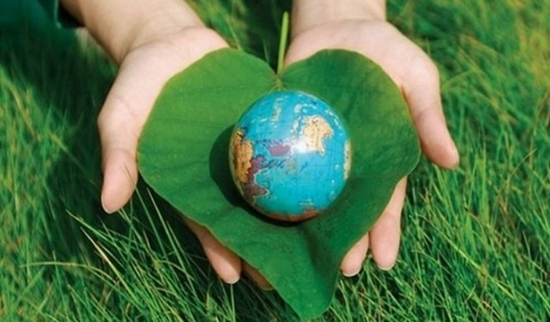June 5, Corresponding to Khordad 16: World Environment Day
World Environment Day is celebrated annually on June 5 (Khordad 16, 1403) to protect nature, strive to reduce pollution, and improve environmental conditions.

According to the Public Relations Office of Tehran University of Medical Sciences, the Institute for Environmental Research, June 5, corresponding to Khordad 16, is World Environment Day. It is a day designated by the United Nations to raise public awareness about environmental preservation and to urge policymakers to take actions to confront environmental degradation and the destruction of biodiversity. Due to its history and the significant events associated with it, World Environment Day is one of the most notable occasions globally. This day was named during the first United Nations Conference on the interaction between humans and nature.
World Environment Day 2024 Theme
Each year, a specific theme is chosen for World Environment Day, addressing the Earth's environmental challenges. The theme for World Environment Day 2024, titled
"Our Earth, Our Future," focuses on "Restoring Farmlands, Combating Desertification, and Addressing Drought"
Message from the United Nations Secretary-General on the Occasion of World Environment Day
Humanity depends on the Earth. Yet, worldwide, a toxic combination of pollution, climate chaos, and biodiversity loss is turning healthy land into deserts and thriving ecosystems into dead zones. These factors are destroying forests and grasslands, thereby weakening the Earth’s ability to support ecosystems, agriculture, and communities.
This means that crops are failing, water sources are vanishing, economies are weakening, and communities are increasingly at risk—especially the poor, who suffer the most. Sustainable development is being undermined, and we are trapped in a dangerous cycle. The misuse of land accounts for 11% of the carbon dioxide emissions driving global warming. It is time to break free from this vicious cycle.
Countries must fulfill all their commitments to restore ecosystems and degraded lands and adhere to the entire Kunming-Montreal Global Biodiversity Framework. They should include new national climate action plans that outline how to halt and reverse deforestation trends by 2030. We must also significantly increase financial support for developing countries, aiding them in adapting to climate extremes, conserving nature, and supporting sustainable development.
Inaction will be costly, but rapid and effective action makes economic sense. Every dollar invested in ecosystem restoration can yield up to 30 dollars in economic benefits.
We are the generation of restoration. Let’s create a sustainable future for the Earth and humanity together.





comment